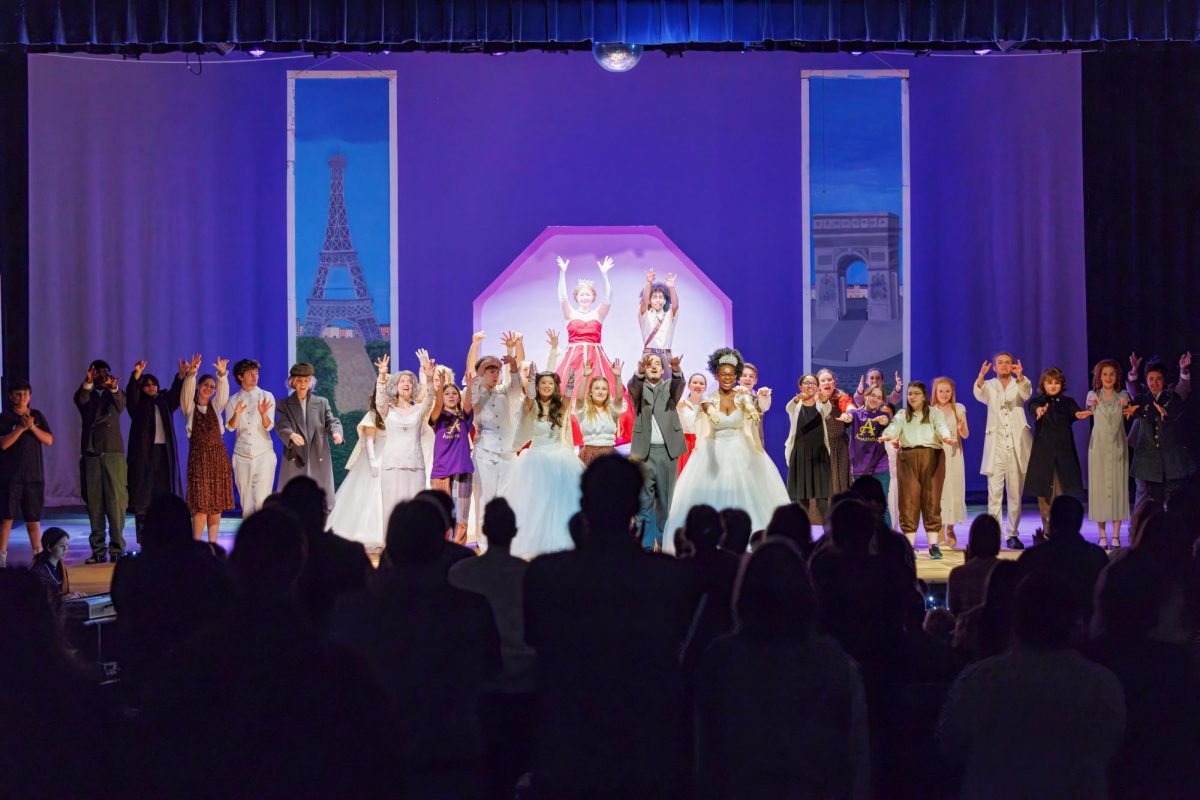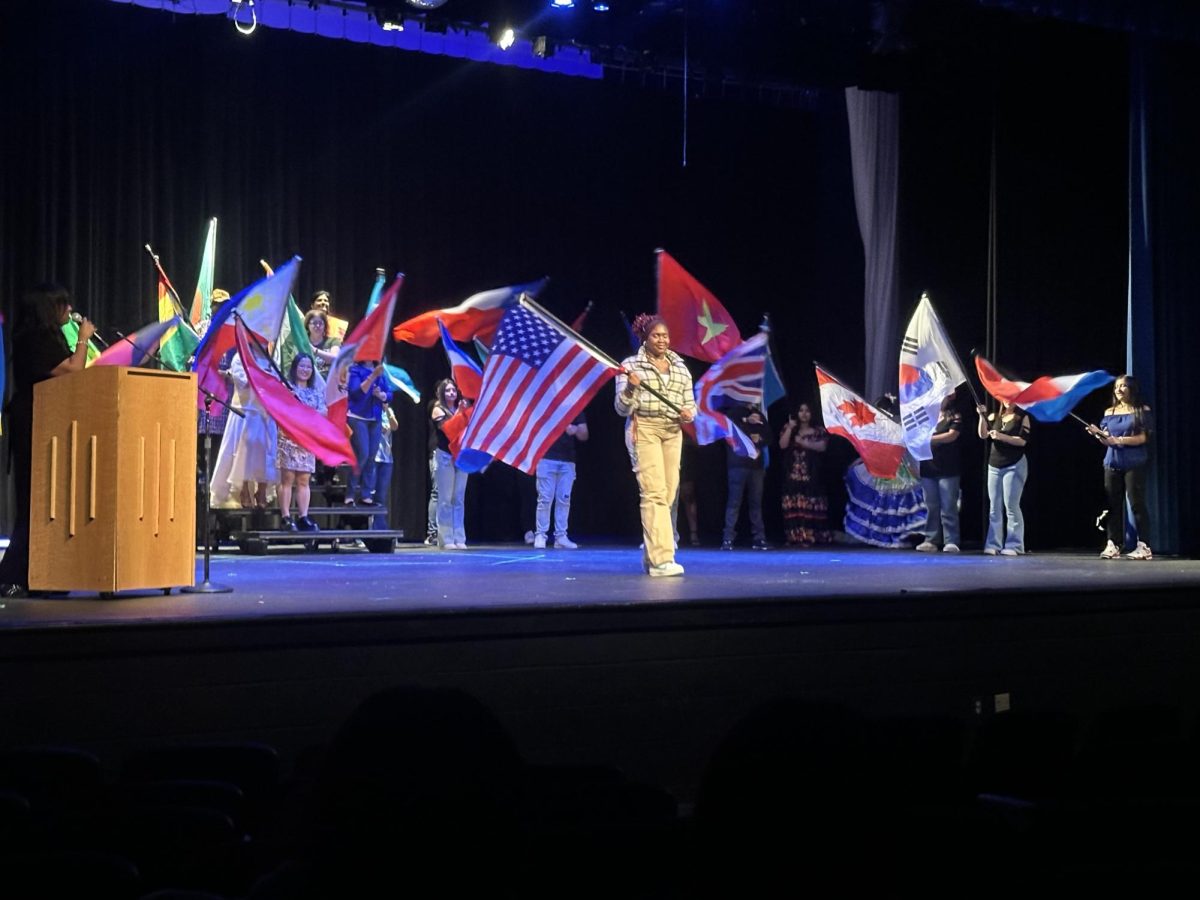By: Meilan Solly and Forest Langhorne
If you’re have trouble understanding names like “Pigment Deposition in Neural Crest during Embryonic Development of the Danio rerio” and “Varying Phosphorus Concentrations and Extraction Procedures in Lipid Quantification of Scenedesmus quadricauda,” you are not alone. Imagine actually researching, developing, and presenting projects like the ones described above, and you will have an idea of what several Tuscarora students faced when they enrolled in Independent Science Research (ISR) and earned a chance to compete in the Regional Science and Engineering Fair (RSEF).
The journey to the RSEF began last spring when students enrolled in ISR. Sara Kidane, a senior, took the class “because it’s [focused on] a single project for one whole year.” While ISR may only consist of one project, the research and time investment necessary to complete the experiment can be daunting. Senior Kimberly Devilla, whose project explores the effect of romantic relationships on academics, comments, “It’s taken me the whole school year so far because it [takes] a lot of time to survey everyone. [It’s a] work in progress.” Despite the time needed to conduct a good experiment, several seniors decided to stick with the project for the chance to compete in RSEF.
On March 14th, over 220 students from schools all over the county arrived at Tuscarora in order to participate in the fair. The day began with participants standing by their boards waiting to be interviewed by judges, most of whom are experts in various science fields. Eventually, category winners, Best in Fair winners, and runner-ups were chosen.
Tuscarora senior Justin Aird won first place in the Engineering: Electrical and Mechanical category for his project “Using a Capacitor as a Lightning Rod to Deflect Lightning to a Place of Absorption as an Alternative Energy Source.” Senior Sarah Hilado’s project “What is the Best Solution to Prevent the Collapse of Buildings Caused by Mechanical Resonance?” won second place in the same category and also the CIA Award. For more winners, check the list at the end of this article.
Now that the 2013 RSEF is over, most participants are done with their projects. However, that does not mean they didn’t gain anything from the experience. Aird believes participating in the fair was beneficial because “[it was] a chance to present science I’ve been working on to experts so I know if I’m right.” ISR advisor Dr. Kagan, who has helped execute and edit student projects throughout the year, hopes his students gained “the ability to be criticized and not take it personally, and to be able to defend themselves and what they are passionate about.”
Next year, a new group of upperclassmen will take ISR and participate in the fair. Devilla offers this tip: “Choose a project that you’re willing to put effort [into] because [ISR] really is time consuming.” Kidane adds, “Don’t do a project you won’t commit to or one you’re not interested in.” As for the actual fair, Aird advises students to “make sure to follow the rubric” and “know everything on your board.”
Winners from Tuscarora
Justin Aird: 1st place in Engineering: Electrical and Mechanical
Sarah Hilado: 2nd place in Engineering: Electrical and Mechanical, CIA Award
Andrew Corso: CIA Award
Lili Samios and Dagney Palmer: Mosaic Air Traffic Management Award
Gentry Bowen: Commissioned Officers Association Award
Kimberly Devilla: American Psychology Association Award and Northern Virginia Dental Society Award
Laura Vasquez-Bolonos: Aspiring Scientist Award





